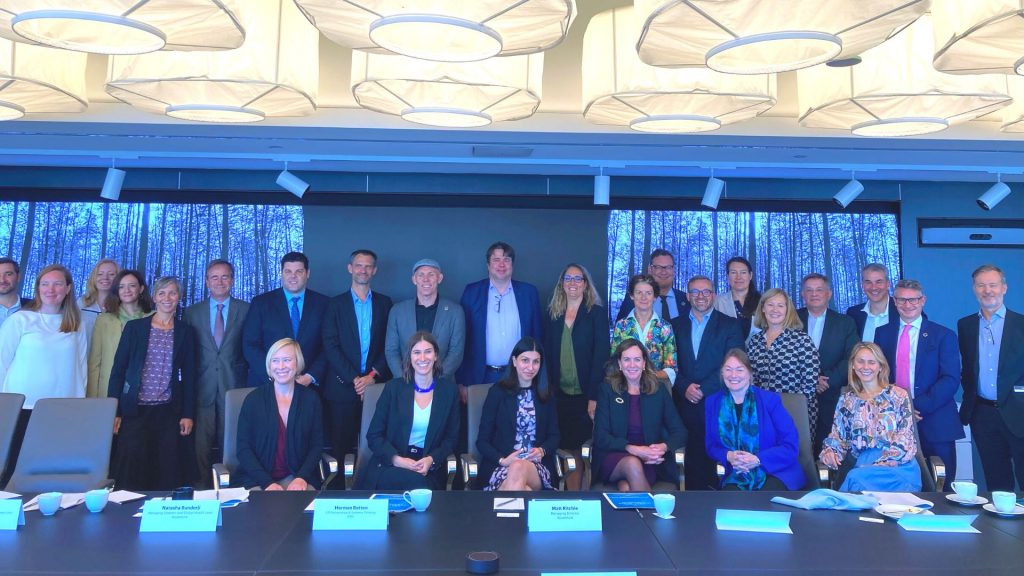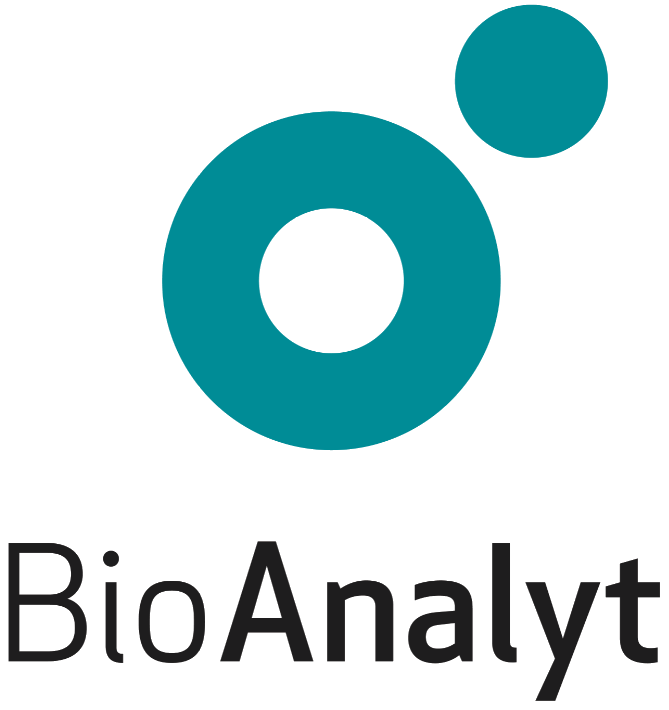BioAnalyt founder and Managing Director, Professor Dr. Florian J. Schweigert, participated in the Business Fights Poverty Global Goals Summit held at the UN General Assembly earlier this week. Around 20 experts in the food and nutrition sector came together in person and virtually in New York to discuss how technological innovations and partnerships can get the best out of Large-Scale Food Fortification (LSFF) projects.
Some critical agenda points driving the discussion were about using digital solutions and technological innovation to promote small-scale fortification, reaching out to more people with fortified foods, assessing the scope for public-private partnerships, and finding opportunities for investments on the national level to scale up fortification projects.

Business Fights Poverty – Global Goals Summit
At a global level, it is estimated that around half of all foods claiming to be fortified do not contain the right amounts of micronutrients as stipulated in national standards. According to Prof.Schweigert, there are four primary contributors to this challenge:
- Lack of trust and mutual understanding between the food industry and regulatory bodies.
- Lack of regulatory capacity, including food testing.
- Lack of appropriate support, penalties, and incentives to ensure consistent adherence to standards and regulations.
- Difficulties in securing cost-effective fortification inputs, such as raw materials, premix, and equipment.
‘Greater ease and accuracy in data collection and greater transparency in data sharing and analysis can help to support fortification programs,’ Prof.Schweigert says.
According to food system experts, digitizing the data continuum, from the collection to interpretation, analysis, and communication, can provide opportunities for time and resource optimization, both for regulatory bodies and health agencies increasingly preoccupied with the food supply crisis exacerbated by COVID-19.
Speaking about how BioAnalyt has been contributing toward digital and technological solutions to improve food fortification, Prof. Schweigert says that in addition to our motto of making food testing quicker, mobile and cheaper, BioAnalyt has developed iCheck Connect, which can enhance the transparency and actionability of Quality Assurance and Quality Control (QA & QC) data collection systems. iCheck Connect is a digital platform developed to analyze and visualize quality control data and measurements from any iCheck device.
A pilot project with Nutrition International and FORTIS exploring and testing the usability of iCheck Connect is currently underway as well. In this project, the iCheckConnect software is being used to generate and save data from oil producers and food inspectors in Pakistan as part of their quality control and monitoring process. The idea is to provide instant access to fortification data for relevant stakeholders across all levels, which can then be used for improved decision-making. Development of the iCheck Connect platform is supported by the World Food Program Innovation Accelerator and BMGF.
In addition, BioAnalyt also provides training to ensure that sampling and measurement processes are carried out correctly with accurate and reliable results reducing the possibility of human error.
BioAnalyt’s synergies are also expanding in cooperation with TechnoServe and their Micronutrient Fortification Index (MFI) platform launched with the food industry in Nigeria. BioAnalyt will continue to expand its collaborations on automated connectivity to other data platforms, such as FortifyMIS (led by GAIN and FFI), PalmATrack (led by Millhouse), and the Global Fortification Data Exchange (GFDx). That will provide the stakeholders with the correct data at the right time to make the best decisions for successful fortification programs.
Regarding the lessons learned from working on the above-mentioned digital data platforms, Prof. Schweigert says that simply developing and digitalizing quality assurance and Quality control processes is not enough.
‘Instead, more time and concerted efforts must be taken to design tools with a bottom-up approach keeping the user’s perspective in mind while ensuring continuous training and advocacy for using these technologies,’ he adds.
To successfully digitalize the data and quality control aspects of fortification programs, experts have repeatedly stressed the importance of ensuring that digital tools are user-friendly, fit for purpose, and can reduce costs and workload. There is also a need to develop other technological solutions considering the country-level challenges, such as easy and reliable analysis of premix and fortified food according to nutrition and health indicators and trends based on the sample population.
However, according to Prof. Schweigert, having good quality data generated by fit-for-purpose and accessible hardware and then getting that data fed into digital technologies remains a significant roadblock. Sustained provision of customized support to the local stakeholders is the key to improved impact and compliance.
According to Prof. Schweigert, another area to work on is investing in structures, institutions, and service providers beyond five-year funding cycles is the need of the hour.
‘For example, BioAnalyt is currently in the initial phase of launching QuIMPACT, a non-profit organization that plans on providing continuous support beyond the typical five-year funding cycles and serving as a knowledge hub on all technical aspects for international and local stakeholders, he adds.

